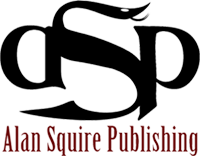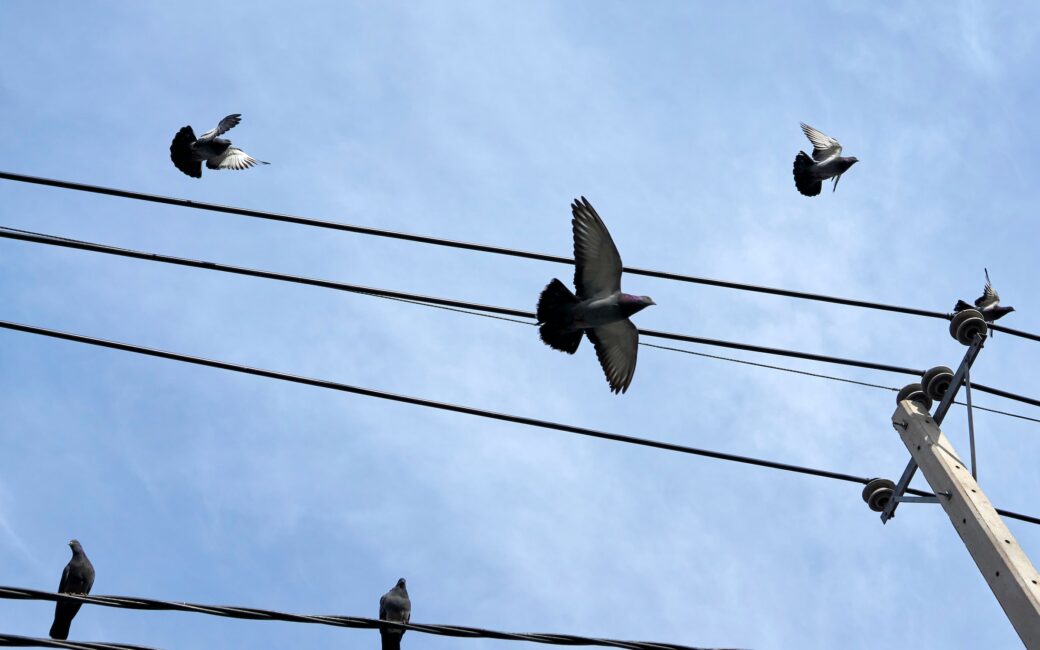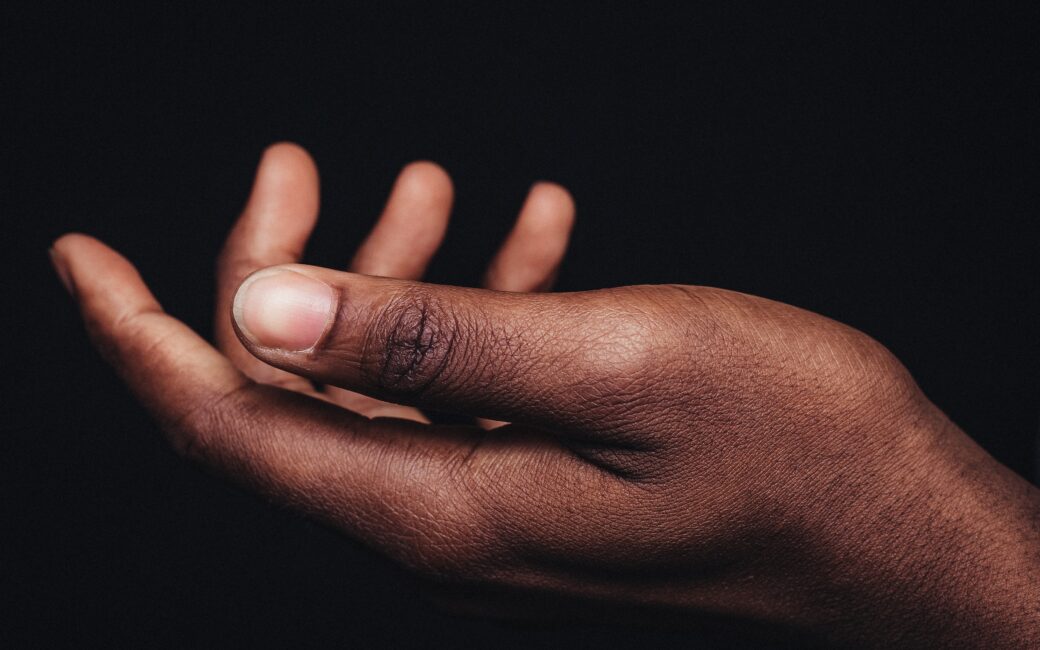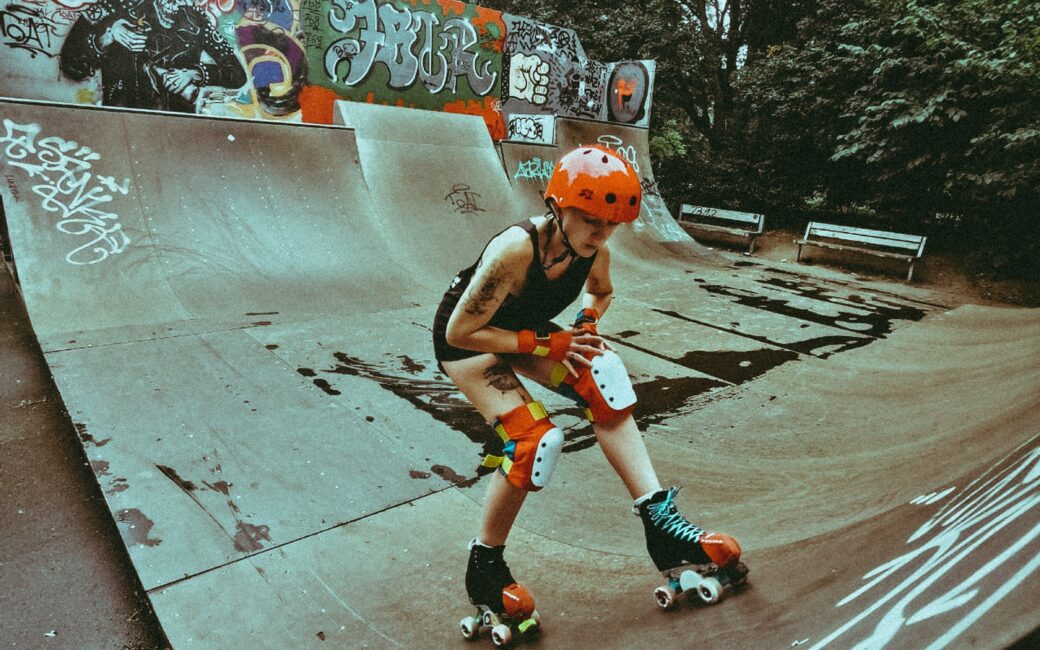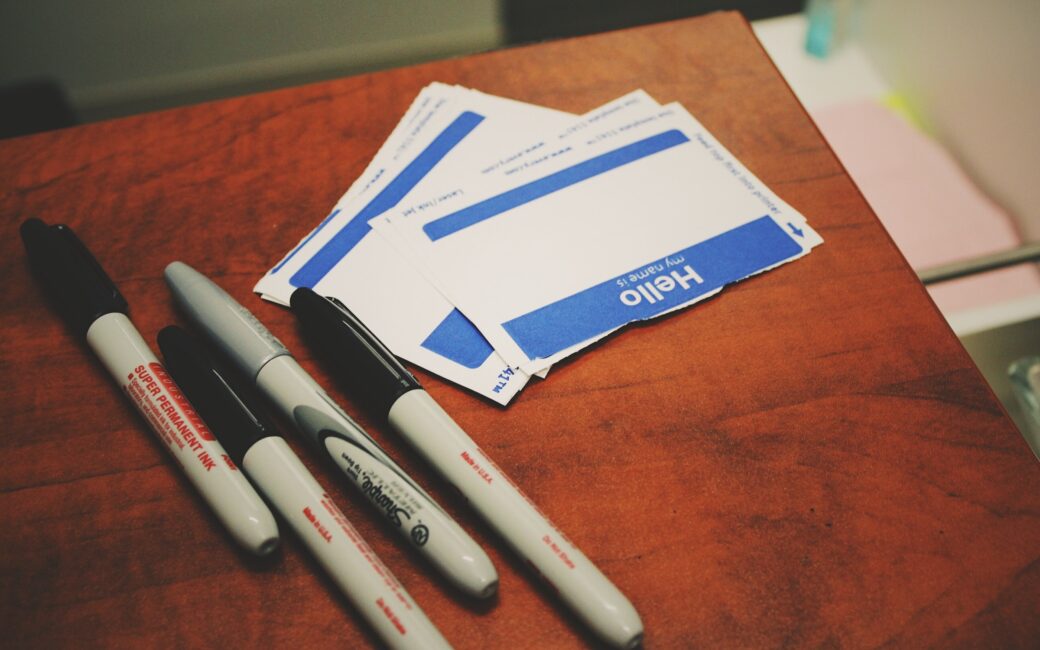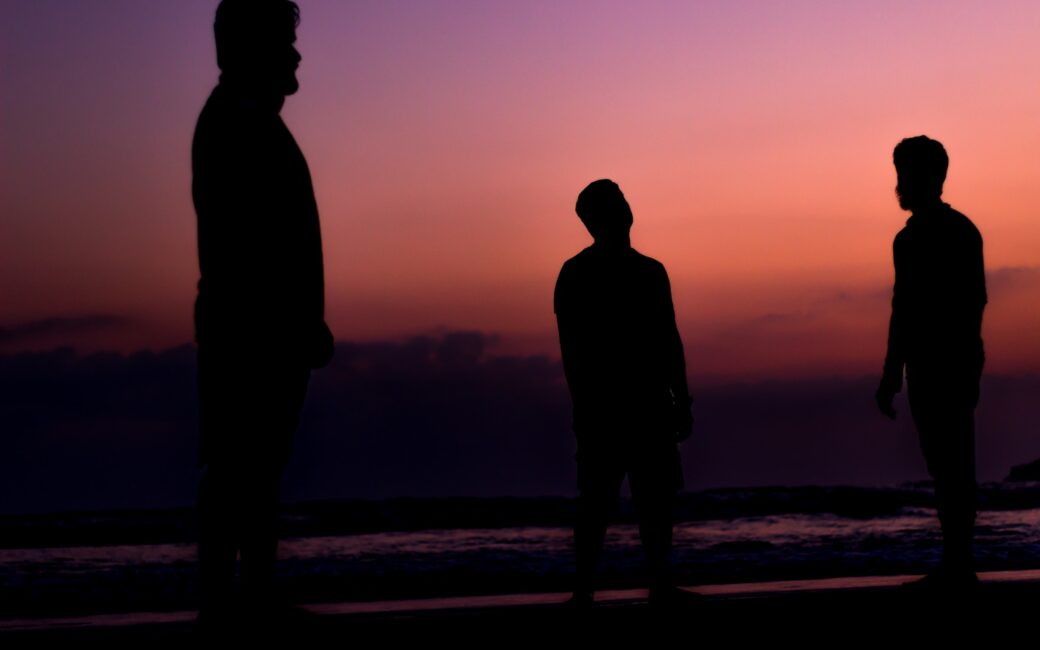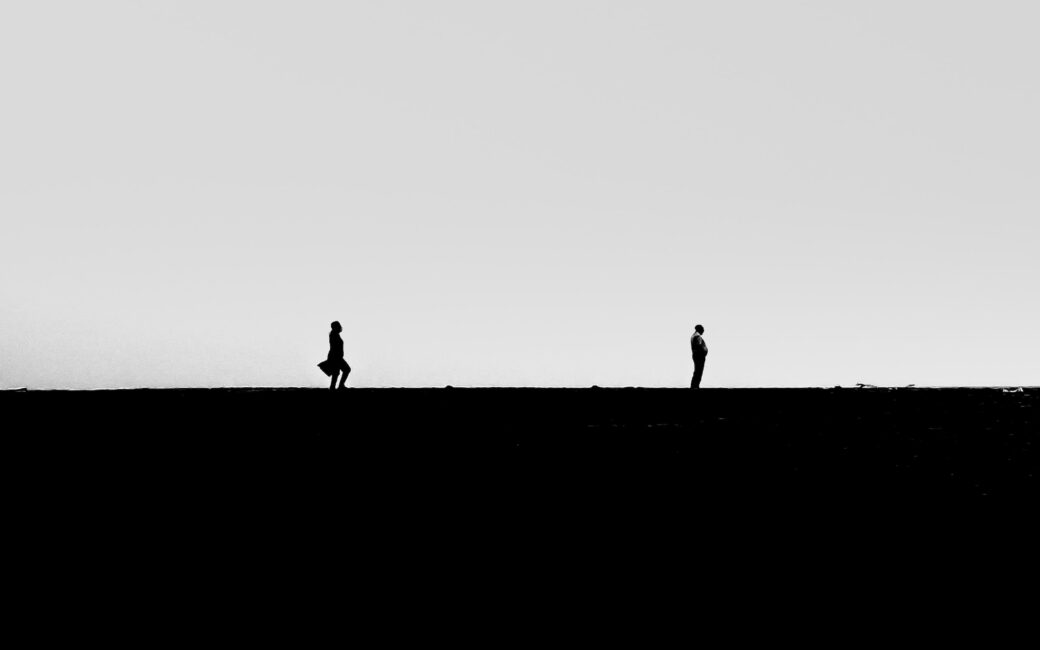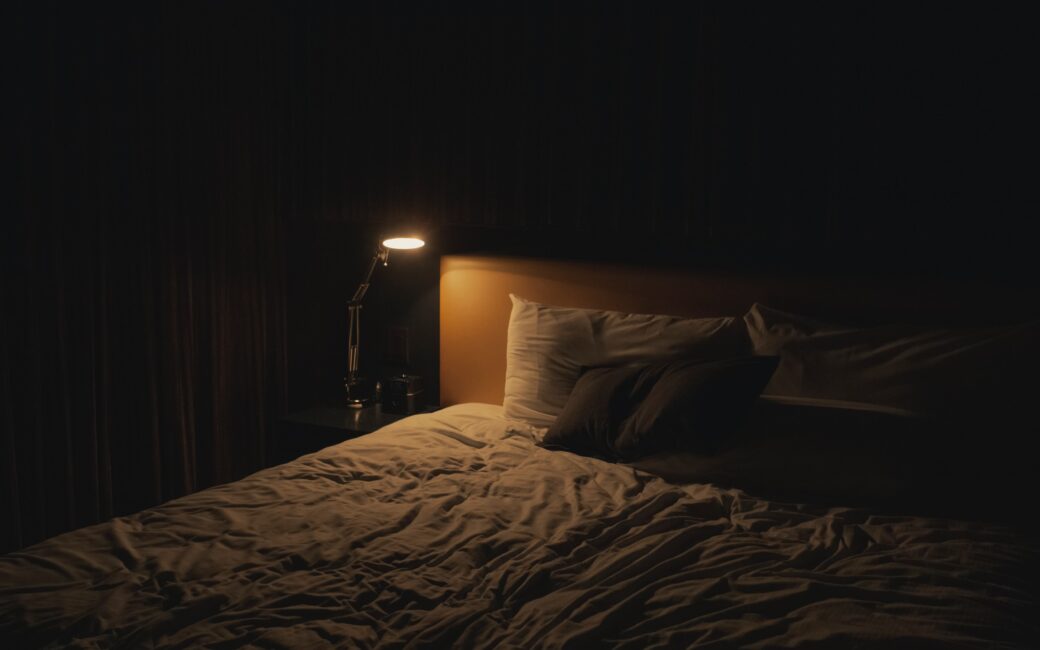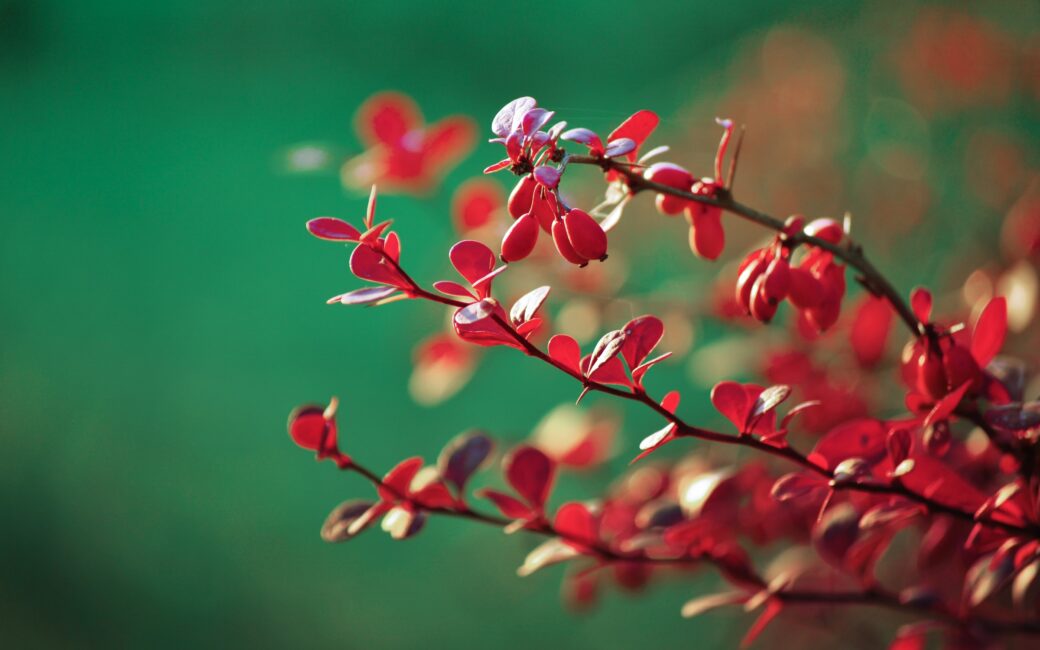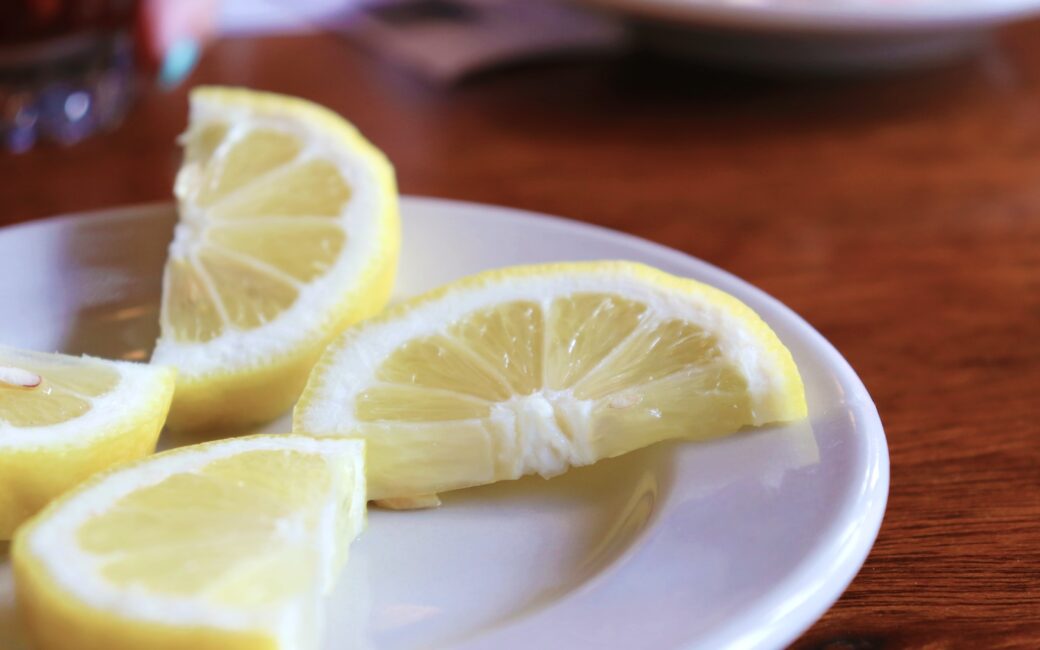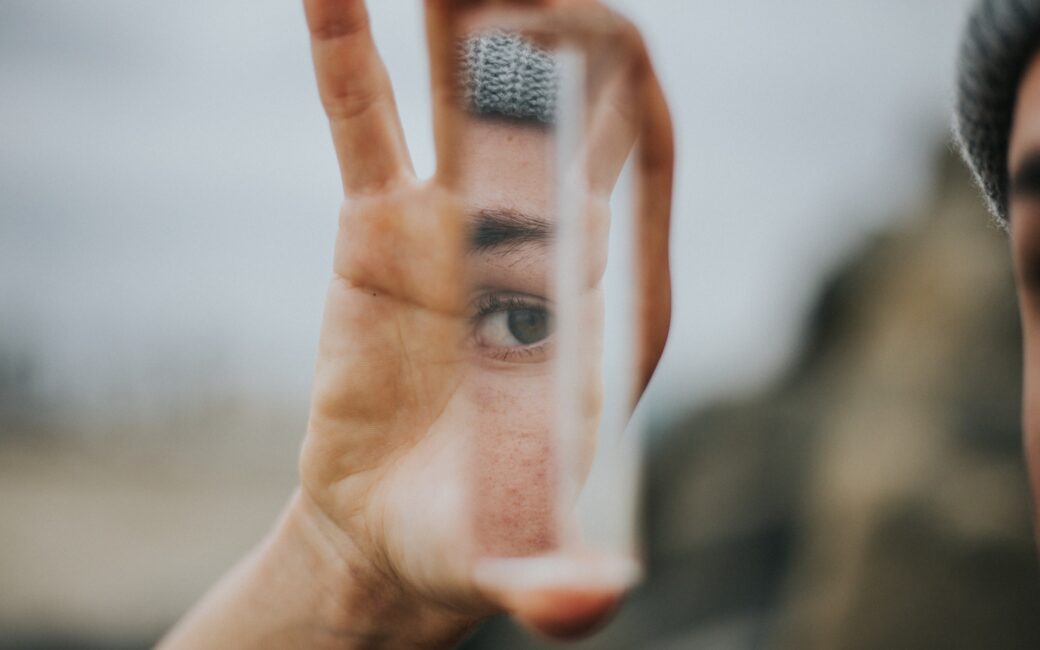“That’s some white people shit.”
“What?”
“Were all of the people who thought you were gay white?”
“It’s not that they thought I was gay exactly…”
“Not straight. Whatever. Were all of them white?”
“No.” I mentally scroll through faces and races. “Yes?”
“See? You don’t fit their Black-Man stereotype, other than dating white women…”
“Hey…”
“Whatever nigga: you do you. I’m just saying you don’t fit their image of what a Black man is ‘supposed’ to be. You’re not some overly masculine thug, sitting on a stoop, rocking a durag and sipping a 40. A sensitive and educated Black man, who works with kids seems femme to them. So, they assume you’re not straight.”
“No, V. That can’t be it.”
It was.
___
Before-school conversations were a regular event with Eden: a young, white lesbian needing to unpack her thoughts about sexuality, gender identity, proper pronouns, the school’s GSA, the “Day of Silence,” the Stonewall Uprising, whether Mike Pence and Lindsey Graham are closeted assholes, turning the self-loathing of their internalized homophobia on others, and a host of other issues my teacher education program did little to prepare me for. But I love my kids and I’m always available with what little knowledge I have. And it’s not like she’s the first to drop questions of identity like bruised apples on my desk. One morning, driving to work, our last conversation still weaving through my head, a question occurs which should have dawned sooner. When Eden enters my room, I ask if I am the only adult she’s talking to about all of this. I assure her that I’m in no way suggesting that she shouldn’t be talking to me, but ask if it would be more beneficial—make more sense—if she were talking to one of the other teachers, someone within the LGBTQIA+ community, not just an ally? She gets quiet. Seems suddenly concerned with sporadic red squares in the sea of beige titles at our feet.
“Well, I mean… To be honest…”
“What?”
“I shouldn’t even say it.”
“Say what?”
“I mean. Okay. I mean. Look. I…,” her blue eyes now darting between the technicolor posters adorning the walls. The pocked ceiling tiles. The slated blinds that can never quite close.
“Oh, for the love of God, out with it.”
“Okay. So, I never really thought you were fully straight. I thought you were a little…,” with a limp flick of her wrist, she makes a hand gesture that was a popular insult
“Wait. What?”
The conversation gets weird. I don’t even know what “fully straight” means and neither does she. Maybe bi. Maybe pan. She knows I was married to a woman, but thinks that might have been a farce, that she was my beard—10 years with a spouse pretending passion. In Eden’s defense, we did get divorced. She says she was confused because I once used the word “partner” to refer to my wife. I say there is no way in hell that happened because I hate that word in that context. She says it must have been something. I say I’m not sure what. She finally looks at me. Sees the look on my face. Worries that something has been broken, that I’m offended. I realize that I am offended. Not because she mis-saw my sexuality, but because she thought I was peering out of the crack of a mostly closed closet door this whole time. That she saw me as she does Pence or Graham: a hypocrite living a double life. Given all our conversations, given how almost every lesson in our class comes back to themes of figuring out who we are, living in the truth of our authentic selves, I’m offended that she would think I don’t practice what I preach. Then something clicks.
“Hold up. Is that why you came out to me? Why you’ve felt comfortable having all these conversations?”
“Yeah. That’s part of it, I guess.”
___
A few days later, I’m Zooming with two former students—both in college, both queer, one male, one female, one white, the other not — and mention my conversation with Eden as an interesting happening. But I’m also curious to hear what they will say. From their college dorm rooms I receive opposite reactions. Later that night, and over the next few days, my survey of former students and close friends begins. By some I’m met with the immediate incredulity of furrowed brow and nose. But then there are the others. The initial silence and blank stares, familiar darting eyes, and the electronic hesitations—being left on read, before typing bubbles appear and disappear in response to my message. Eventually I get an answer from these. Phrases like “big gay energy” and “theatre gay” are used more than once, but only by some. It took V, a queer Black woman, to point out the pattern. She’s right. Every person of color, and all my Jewish friends, balk at the assumption that I am anything other than a cishet “breeder.” Every white person questions, assumes a hidden sexuality. Some have even created detailed narratives on the subject, drawn elaborate connections to my anxiety, depression, and divorce.
Maybe it is time to reassess.
___
My sophomores are in the throes of dissecting Jackie Sibblies-Drury’s drama Fairview and discussing Franz Fanon’s “The Lived Experience of the Black Man”: what it means to be seen, how being seen changes how you’re seen. It’s a Heisenberg theory of racial ontology. Or something Hegelian—thesis and antithesis. Is the boxed cat Black because it is, or Black because
of all the ways they’ve said it’s “not white”? Whether it’s dead or alive is secondary and almost never in its hands.
I begin to picture this other they see, begin to weigh this alternate I never knew I carried. The mannerism they take to be feminine. The softness of how I carry myself, my body. The talking with hands and comfort crossing legs. My raging ADHD seen as flamboyant or fierce. The slipping in and out of foreign accents and dialects for comedic effect, which sounds like lisping in their ears. My being a hugger and easy giver of consolation.
I begin to consider my pedigree—my Jamaican parents. I’m the son of a mother with first-born sensibilities. The daughter of a blind woman with an iron fist and an ever-ready Green Mountain switch. I’m the son of a father who lost his own by age eight, was raised by a strong mother and older sisters: women who raised me alongside their own. I’m the youngest sibling of two sisters, then a brother and a sister.
I begin to see the history composed in young, queer white eyes: an 80’s baby, an elder-millennial, an elder-queer. A 40-something survivor of not only Boston’s police brutality and the crack epidemic, but Reagan’s silence and the AIDS crisis. I can see him, my doppelgänger. But V, and so many others who look more like me, can’t. But as that child of the 80s, I know my TV tropes and myself. I’m neither the big Black buck or the gangsta with the heart of gold. So they’ve typecast me as the weirdest magic negro ever: a mentor in queerness, both the token gay and Black best friend. Definitely some white people shit. My trans brother will get a laugh out of this, and then get really serious, pondering the implication: white supremacy raising another hydra head.
But I’m thinking about the kids for whom I was the first adult—if not person—they came out to. Counting the number of “hypothetical” situations and stories about “a friend” in crisis my ears heard. Their worries of putting grandmothers in early graves and parents being less progressive than they claimed. The Sunday sermons about hell-bound souls they heard. The kitchen tables stacked with books on “healing” and pamphlets for summer programs sure to “fix” them. The terror of old eyes seeing them in new ways: whispers in the hallways, friends reassessing their comfort in locker rooms and at sleepovers. I’m counting the confessions of retracted lies, the real reasons for school absences and hospitalizations. Counting how many of them told me I’m one of the reasons they’re still alive. And, honestly, I’m not sure how I feel.
